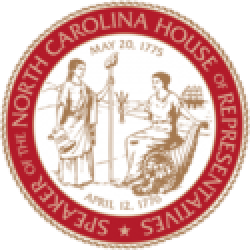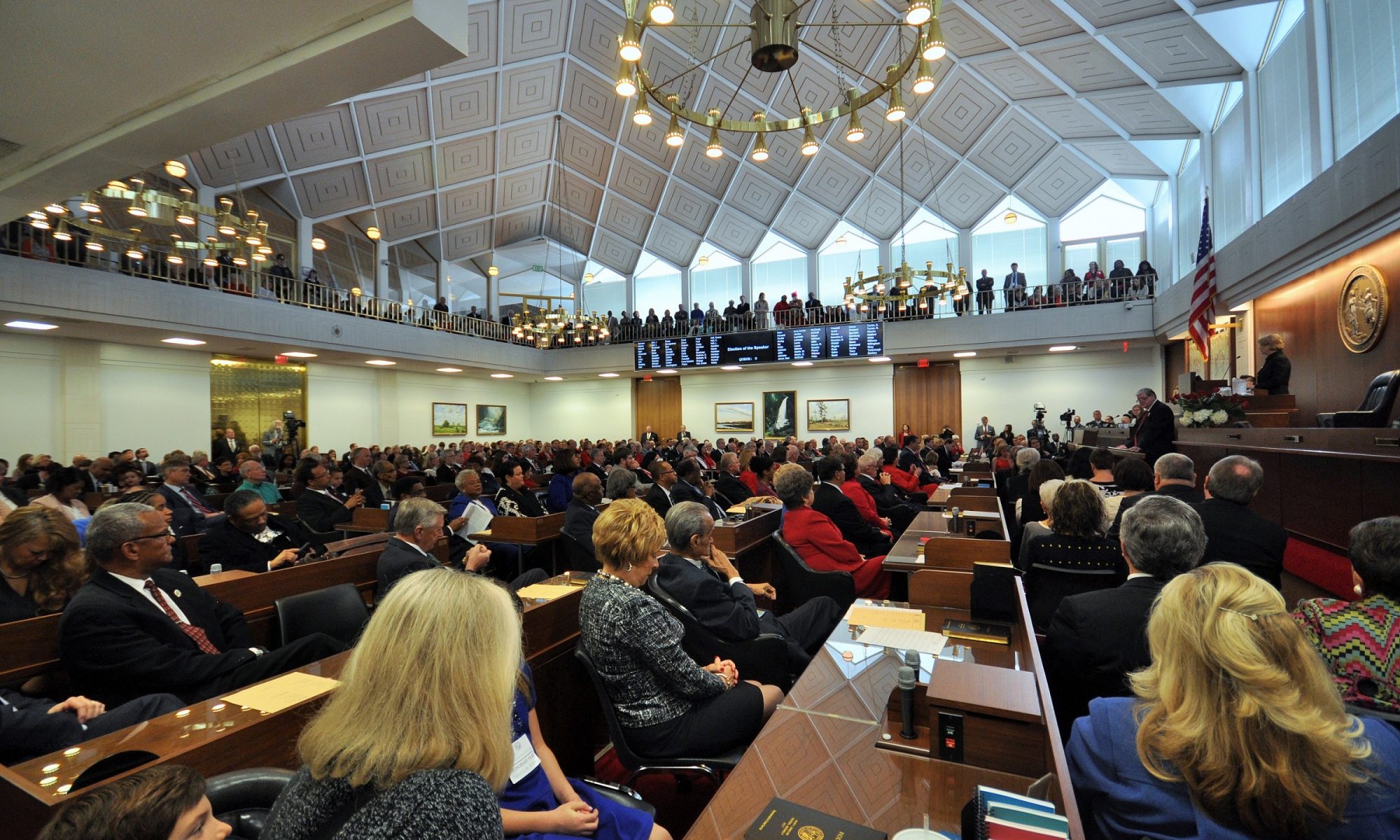Raleigh, N.C. – For the fifth consecutive legislative biennium, a supermajority of the North Carolina House of Representatives approved a proposed constitutional amendment to strengthen private property rights against eminent domain land takings by the state.
H.B. 3 Eminent Domain is primary sponsored by Rep. Chuck McGrady (R-Henderson), Rep. Destin Hall (R-Caldwell), Rep. Ken Goodman (D-Richmond), and Rep. David Lewis (R-Harnett).
The proposed amendment clarifies limitations on state eminent domain to prevent future expansion by the state General Assembly and ensure property owners can have a jury decide proper repayment for land takings.
It also updates North Carolina law to detail public utilities eligible to exercise eminent domain.
Rep. Destin Hall said that the amendment provides courts certainty that property can only be taken for a public use, not a public benefit, and that conflicting court decisions require clarification in the constitution.
“Protecting property rights is a fundamental purpose of government,” Hall said.
“Our state constitution is unique among states that it does not address the issue of eminent domain expressly.”
“People say we are first in flight and first in freedom, but in a lot of ways we are towards the bottom when it comes to protecting our citizens’ private property rights.”
Rep. Chuck McGrady said building roads or schools through the use of eminent domain is much different than using private property takings for economic benefit.
“The heart of this is taking a strict view as to when government can use that power to seize somebody’s property,” McGrady said.
“We are trying to return to our roots with this amendment – limit the use of eminent domain to when government really needs to condemn property or utilities are needed to provide service to the public.”
The legislation would give voters the final say on an eminent domain constitutional amendment in March of next year.
Speaker Tim Moore said he hoped the constitutional amendment would pass the General Assembly and be proposed to voters:
“The state must be more accountable in exercising eminent domain only for public use, providing just compensation, and never forcefully transferring property from one private owner to another for economic purposes,” Moore said.
“This is a basic principle of the Bill of Rights that should be made clear in our state constitution.”
A landmark decision by the U.S. Supreme Court in Kelo v. City of New London allows states to define eminent domain more narrowly, despite holding a town in Connecticut could force the sale of residential property from one private property owner to another.


